Can creativity survive in the United States?
We asked three design powerhouses to weigh in on this political moment

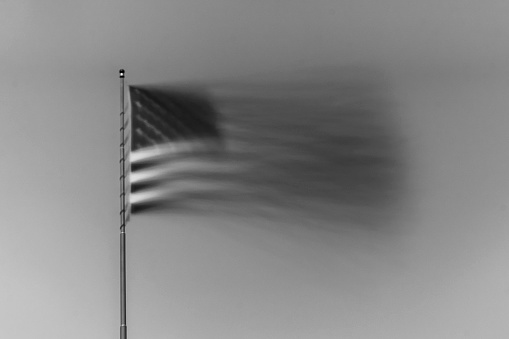
The current US administration has ushered in a new era in the creative-cultural compact, with elected officials dismantling tenets that have underpinned societal norms for decades – directly impacting those whose work enshrines how we see and judge ourselves and each other. As relationships, roles and rights erode, so the cultural sector suffers its manifold consequences.
It would be remiss of us to dedicate an issue to the American creative spirit and pretend that it was business as usual. Here, we call upon three powerful voices in design, architecture and fashion to describe the outlook from where they stand, in their own words and opinions. Our trifecta comprises: Murray Moss, the passionate design maven and founder of Moss gallery and Moss bureau: Florencia Rodriguez, architect, writer and artistic director of this year's Chicago Architecture Biennial; and Willy Chavarria, the fashion designer with an activist heart.
We tasked each of them to describe the impact of the present political and social landscape on their personal and professional outlook. What they – and we – share is an optimistic belief in the power of people to pull together in the face of adversity.
Read their essays below.
Florencia Rodriguez, artistic director of the Chicago Architecture Biennial
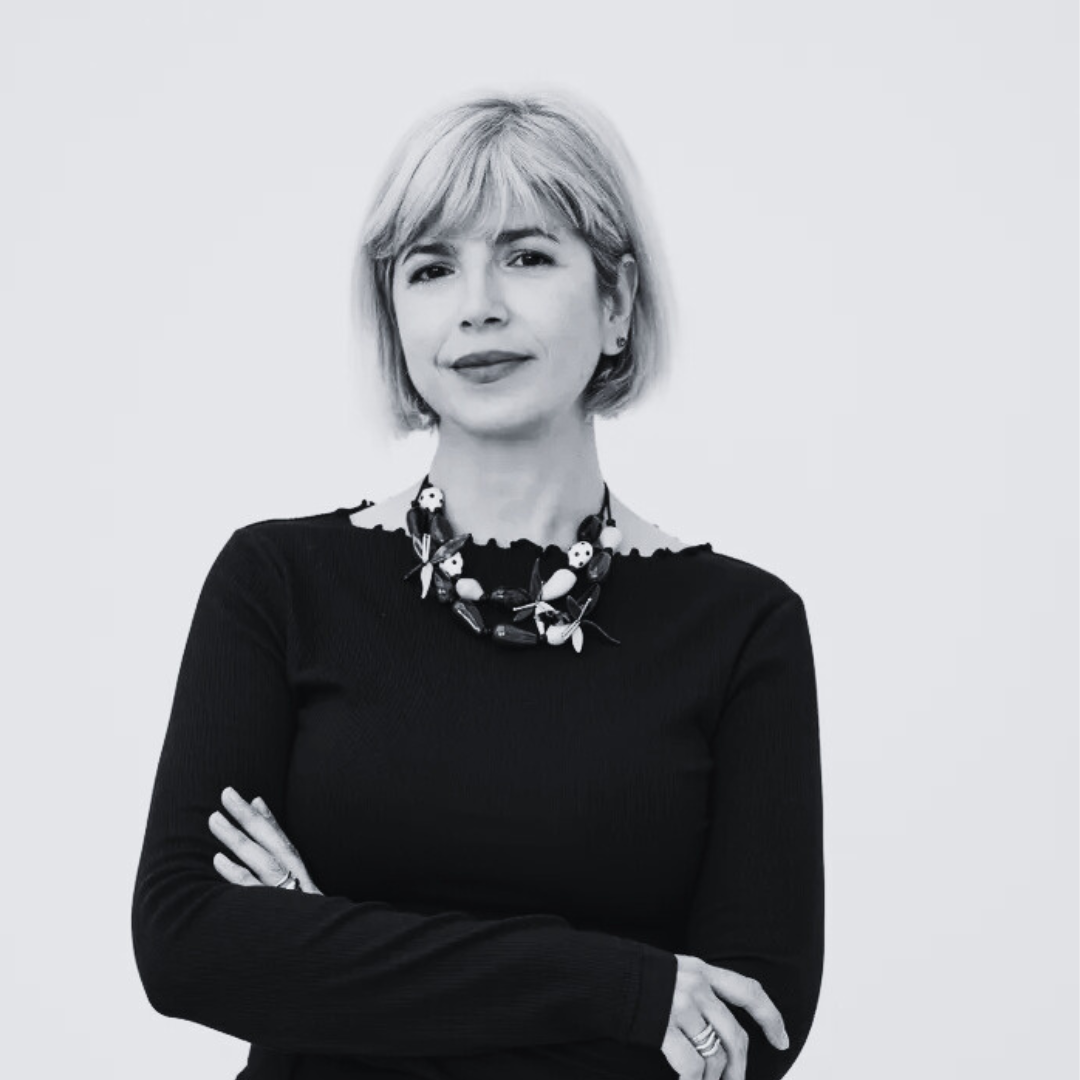
I want this biennial to be inclusive and critical.
Florencia Rodriguez
'Many professionals in the US are worried about their research grants being cut and possibilities becoming more limited due to government spending being significantly reduced within the fields of culture. This is not something that has affected the biennial finances directly, but that impacts how we think and do cultural production. I want this biennial to be inclusive and critical, so it is important that we are open to conversation and are free to express different opinions. I was born in Argentina in the 1970s, and the political situation there at the time meant that we did not have full freedom of speech, and my family had to go into exile for five years. So I guess I have been conditioned since childhood to be able to operate in different environmental conditions.'
Read Florencia's essay in full
Willy Chavarria, fashion designer
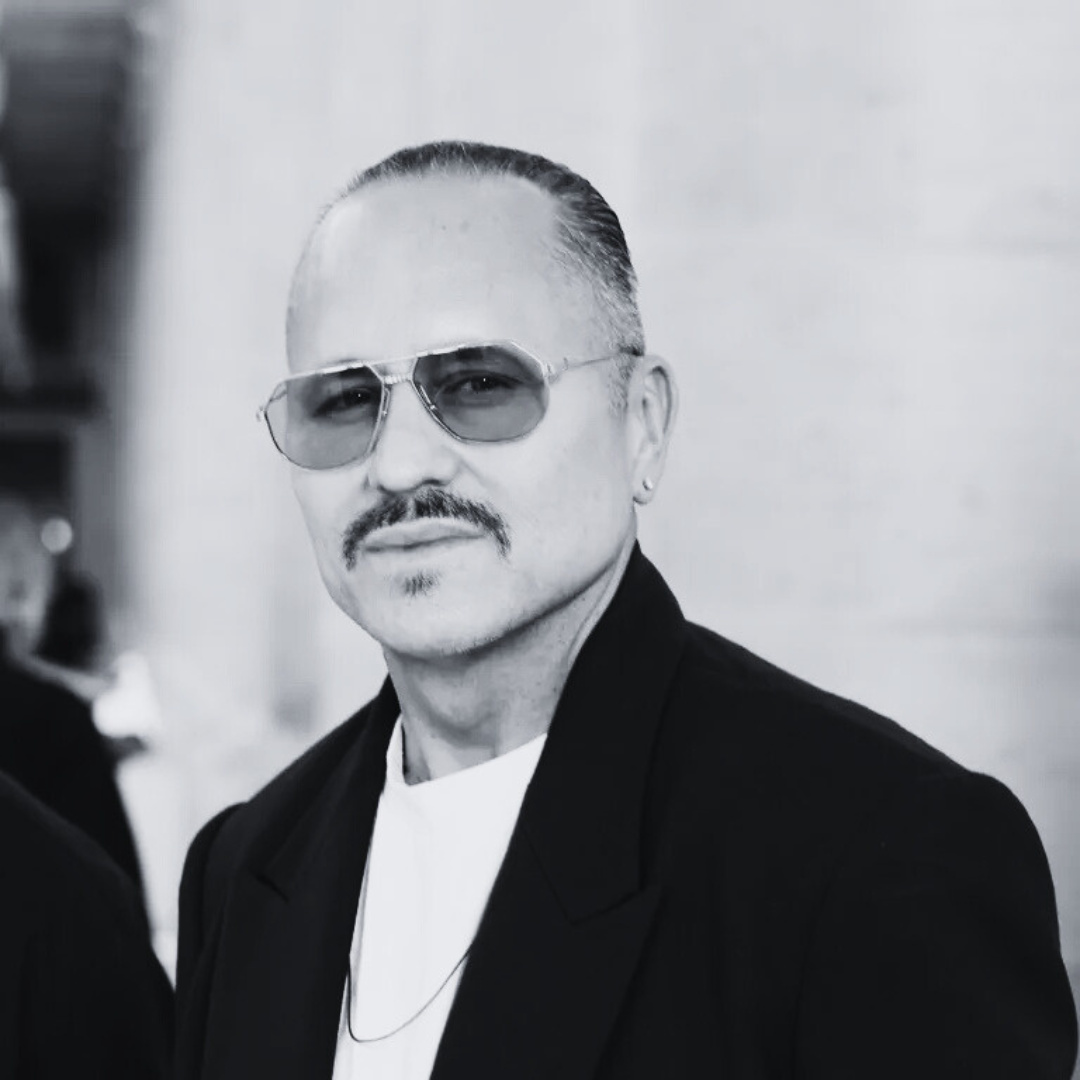
It’s been heavy, very heavy.
Willy Chavarria
'The last six months have been such a dark time in America. It’s been heavy, very heavy. There are days when, in the studio, we just have to act as a support group, because some days feel unbelievable. The closer it gets to all of us, the scarier it feels. So something that we do – that the brand does – is that, aside from design, we’ve been working with organisations that are out there spending all of their time focusing on civil rights. We’ve developed close relationships with the American Civil Liberties Union (ACLU) and the Human Rights Campaign (HRC), and other organisations like that. We want to make sure that the work we do integrates their work – because when we are doing our jobs in design, we don’t always know the best way to organise. So having these groups that deal with this stuff every day is helpful.'
Receive our daily digest of inspiration, escapism and design stories from around the world direct to your inbox.
Murray Moss, founder of design gallery Moss and consultancy Moss Bureau
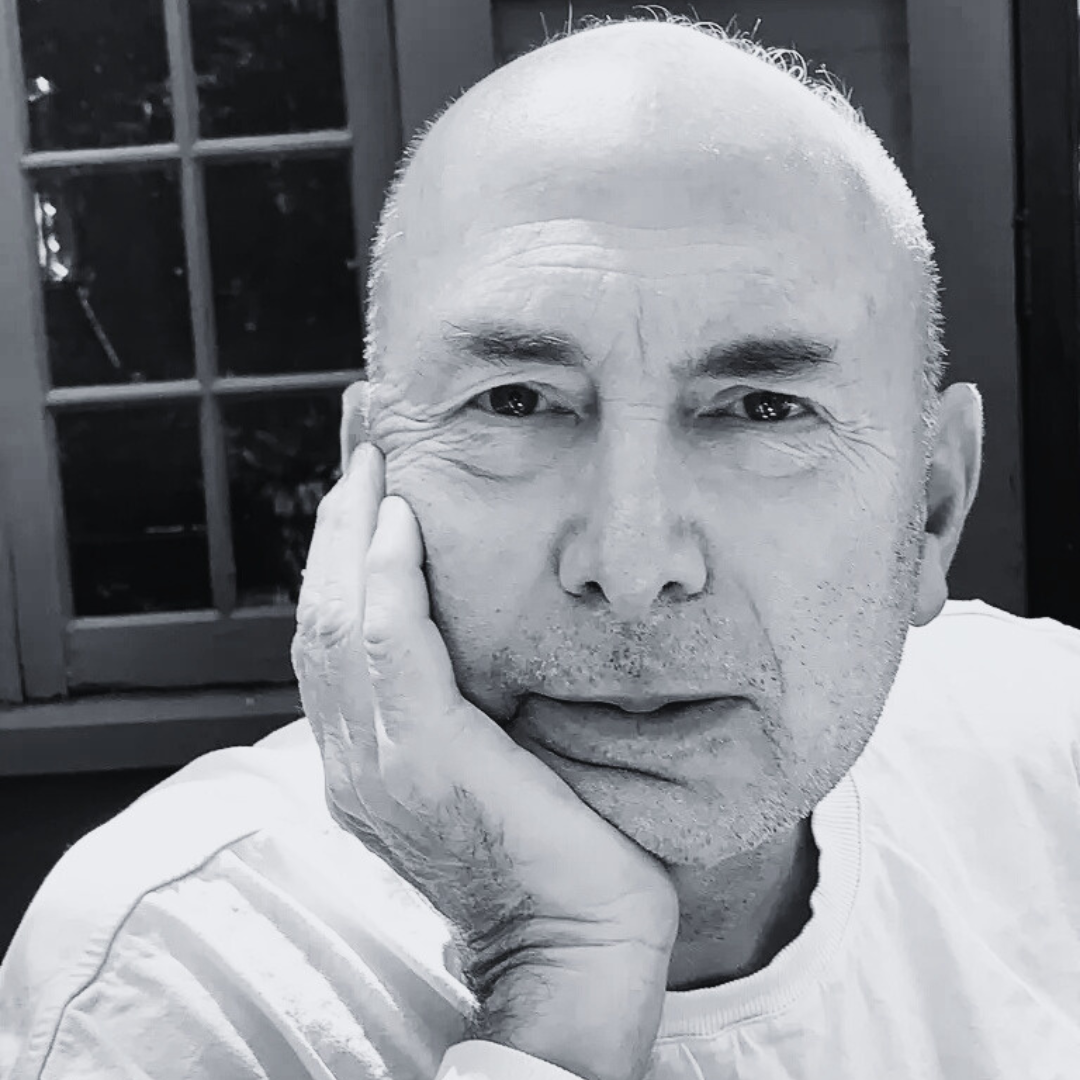
Culture can fall into bad hands skilled enough to control and direct its course.
Murray Moss
'Culture is a very swarm-like phenomena, and regardless of which particular culture you belong to, any attempt to deviate from it or to go against its tenets once it has gathered enough steam, or to control it and direct its course towards one’s own agenda, does not require (at least not at first) a large group of people, but rather a Machiavellian mindset and the will and skill to use it. Culture can fall into bad hands skilled enough to control and direct its course until a critical mass of people form a tipping point and rewrite portions, or all, of the culture.
My point is that culture – even one that appears solid in spite of being inconceivably vulnerable, and which binds us through shared beliefs and values – can be replaced more easily than imagined, and weaponised if necessary against those who are out of step.'
Read Murray's essay in full
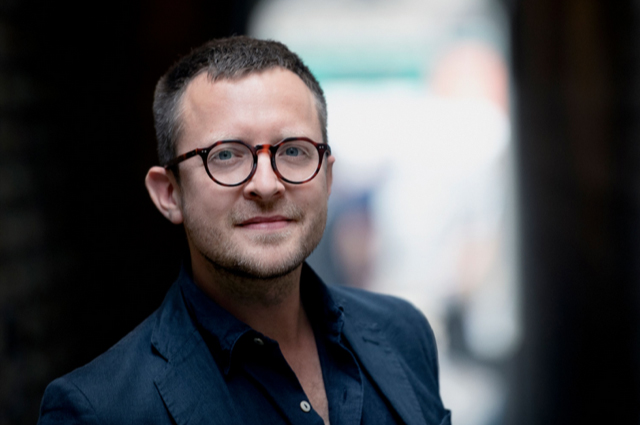
Hugo is a design critic, curator and the co-founder of Bard, a gallery in Edinburgh dedicated to Scottish design and craft. A long-serving member of the Wallpaper* family, he has also been the design editor at Monocle and the brand director at Studioilse, Ilse Crawford's multi-faceted design studio. Today, Hugo wields his pen and opinions for a broad swathe of publications and panels. He has twice curated both the Object section of MIART (the Milan Contemporary Art Fair) and the Harewood House Biennial. He consults as a strategist and writer for clients ranging from Airbnb to Vitra, Ikea to Instagram, Erdem to The Goldsmith's Company. Hugo recently returned to the Wallpaper* fold to cover the parental leave of Rosa Bertoli as global design director, and is now serving as its design critic.